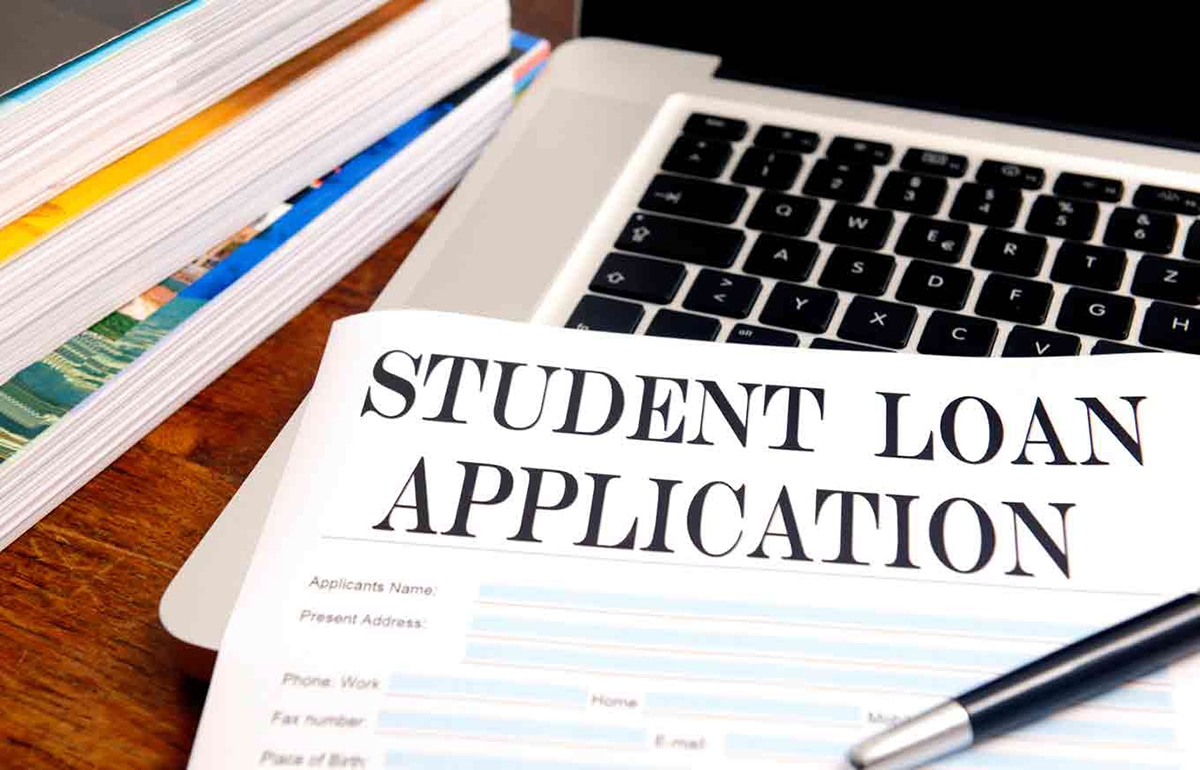AuthorSkip Lovette, CPA Archives
March 2021
Categories |
Back to Blog
At Lovette CPA, we are highly skilled and experienced with tax regulations and preparation for filing your return. However, we encourage you to be responsible for providing the right documents to ensure our tax returns are done properly and yield the highest return. Here’s some basic tips for keeping track of the right documents:
Track paperless records Paperless banking may have turned shoeboxes into receipt relics of the past, while your online statements often contain key backup records for potential deductions such as:
Many of us ignore the line items from these statements until we start our annual tax-filing ritual. But you may save time by taking a few extra minutes each month to jot down tax-related information including:
Create a spreadsheet dedicated to tax records. Throughout the year, consider downloading and printing online documents that will be available for only a limited time. Think deductions throughout the year Keep a mileage log in your car. Jot down the miles when you use your vehicle for volunteering, work, business or medical appointments as well as parking, bus and taxi fares and tolls can help you qualify for a deduction. Hold on to cash receipts that document your transportation, charitable work, job-search and other tax-deductible activities. Hold on to any paperwork and documents that arrive in the mail, or receipts needed to prepare the return, even if you're not sure. It's always better to have too much information than not enough. Life events you experience Documents related to life events such as marriage, death of a spouse or divorce, alimony payment records, adoption papers and child custody agreements should all be saved. A newborn brings joy into your life and potential tax advantages. When you sit down to prepare your return, have these documents for dependent children close at hand:
Buying a home presents tax-saving opportunities. New homeowners should keep paperwork such as:
It's good to keep your closing documents in case you paid real estate taxes or points when you closed that don't appear on your year-end mortgage interest statement. Home improvements such as wheelchair ramps recommended by a doctor may be deductible as medical expenses if you itemize deductions. Certain energy efficiency improvements also may help you reduce your tax liability. Remember, when you use TurboTax to prepare your taxes, we'll ask you simple questions to ensure you don't overlook any possible deductions. Keep your filing history The value of a tax return doesn't end on April 15. You'll need to provide this document to get a mortgage, apply for student loans and to check the status of your refund on the Internal Revenue Service's "Where's My Refund?" web page. Generally, the IRS can audit you for three years after a filing date, and in some cases even longer, so guard your return copies and support documents just in case. The IRS can audit you as many years back as they would like if it suspects fraud, so keeping tax returns and supporting documents for at least seven to 10 years puts you on the safe side. With more than 20 years of experience, Lovette CPA, P.A., is a true business resource, offering a wide range of services to individuals, families and businesses of all sizes. We have locations in Greensboro and Raleigh. For more information, call us at 336.346.1960, visit our website, www.lovettecpa.com, or e-mail [email protected].
1 Comment
Read More
Back to Blog
Beware: student loans can have unforeseen, long-lasting implications for a family's financial future. At Lovette CPA we can help you navigate through the confusion to make a decision that makes the most sense to you and your family. The following will offer a description student loans that we hope you’ll find helpful.
There are two types of student loans.
PLAN FOR FINANCING COLLEGE WITH STUDENT LOANS There are many things to consider when financing college with student loans:
If you’re struggling to make their monthly student loan payments, they may want to consider income-driven repayment (IDR) plans. These plans are available through the U.S. Department of Education's Office of Student Aid for any borrower with eligible federal student loans. All Direct and FFEL student loans are eligible. Parent PLUS and Perkins loans are eligible if consolidated. IDR plans help borrowers avoid delinquency and default when their monthly debt payment consumes a high proportion of their monthly income. IDR plans do have a downside: Paying back the loan over a longer period means the borrower will pay more interest. All IDR plans have the following aspects in common:
With more than 20 years of experience, Lovette CPA, P.A., is a true business resource, offering a wide range of services to individuals, families and businesses of all sizes. We have locations in Greensboro and Raleigh. For more information, call us at 336.346.1960, visit our website, www.lovettecpa.com, or e-mail [email protected]. |
 RSS Feed
RSS Feed

